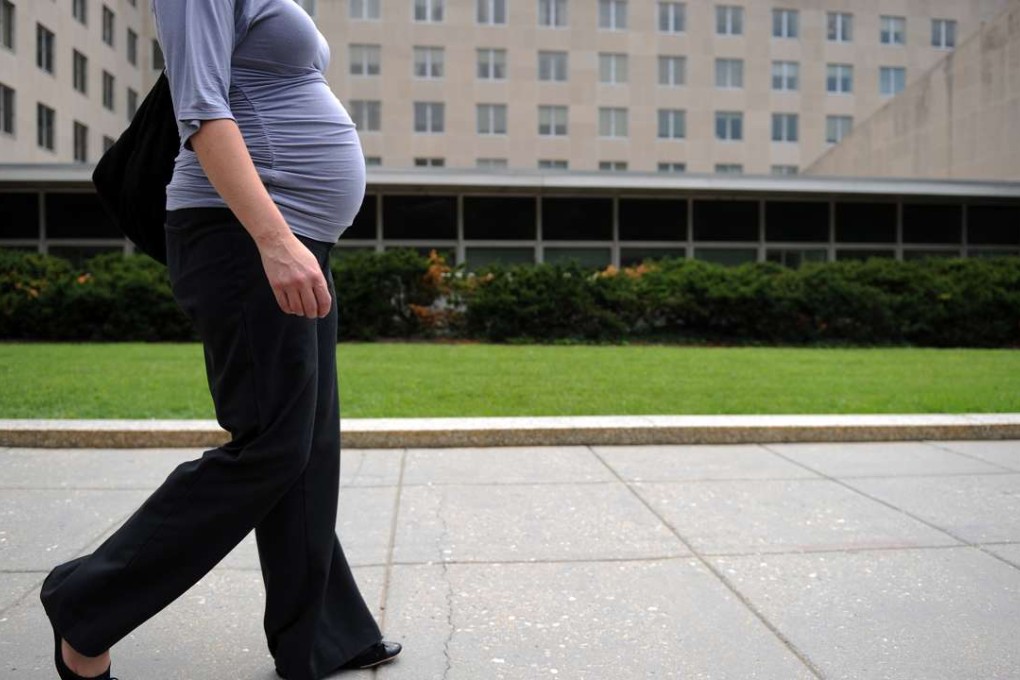That horrible morning sickness you’re having? It’s actually a good sign for the baby
Nausea and vomiting is linked to a dramatically lower risk of miscarriage, researchers say

The first three months of pregnancy, a time that parenting magazines and Hallmark cards often portray as magnificent and carefree, can actually be a wretched experience for many women.
As many as 90 per cent of mothers-to-be experience some degree of nausea and vomiting, and scientists have long speculated about what, from an evolutionary standpoint, the function of all that unpleasantness might be. The leading theory has to do with food.
The idea, first proposed by physician Ernest Hook at Albany Medical College in 1976, is that a pregnant woman’s sickness significantly narrows the amount and variety of things she eats. That protects the unborn baby - and its host, the mother - from bacteria, toxins and other nasty things that can be contained in food products.
A new analysis published Monday in JAMA Internal Medicine by researchers at the National Institutes of Health sides squarely with Hook in providing evidence that nausea and vomiting in pregnant women may indeed be a positive sign for the baby’s prognosis.
The study involved tracking 797 pregnant women.
The women’s diaries showed that by the eighth week, nearly 85 per cent reported having nausea alone or nausea with vomiting. Of the 797 women, 188 of the pregnancies ended miscarriage. An analysis of that data found that women who had either nausea alone or nausea accompanied by vomiting were 50 to 75 per cent less likely to experience a miscarriage. Those are huge differences.